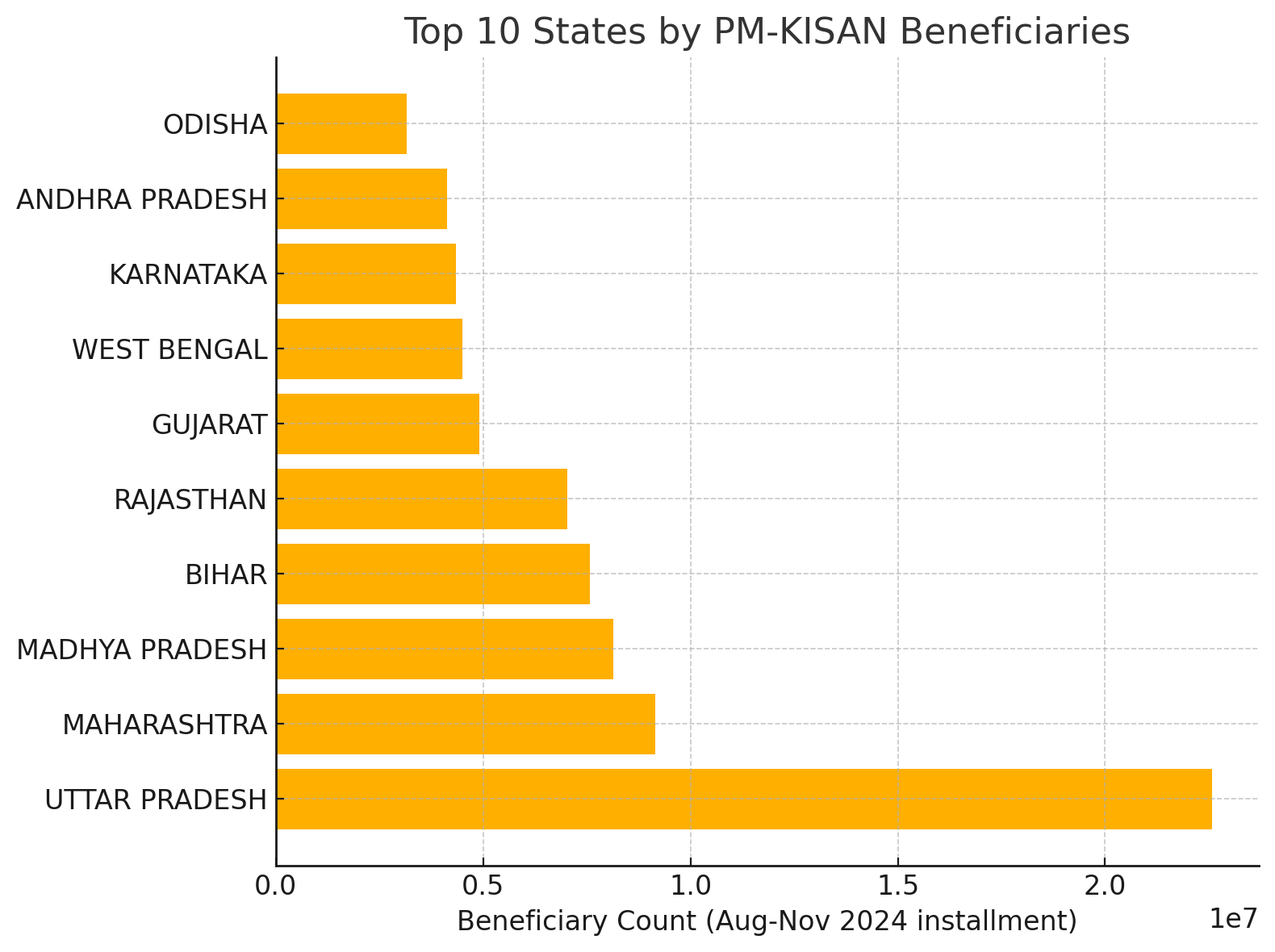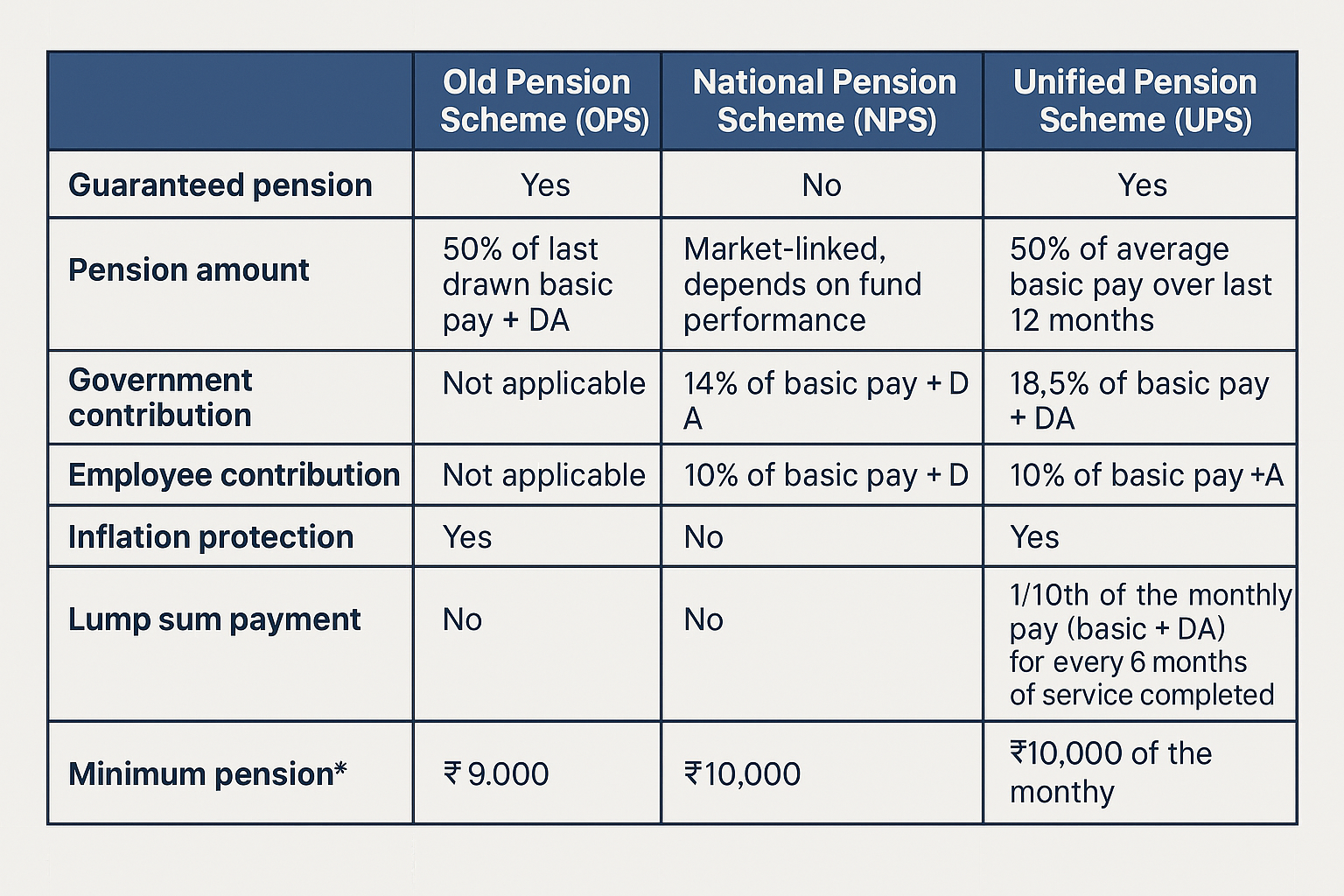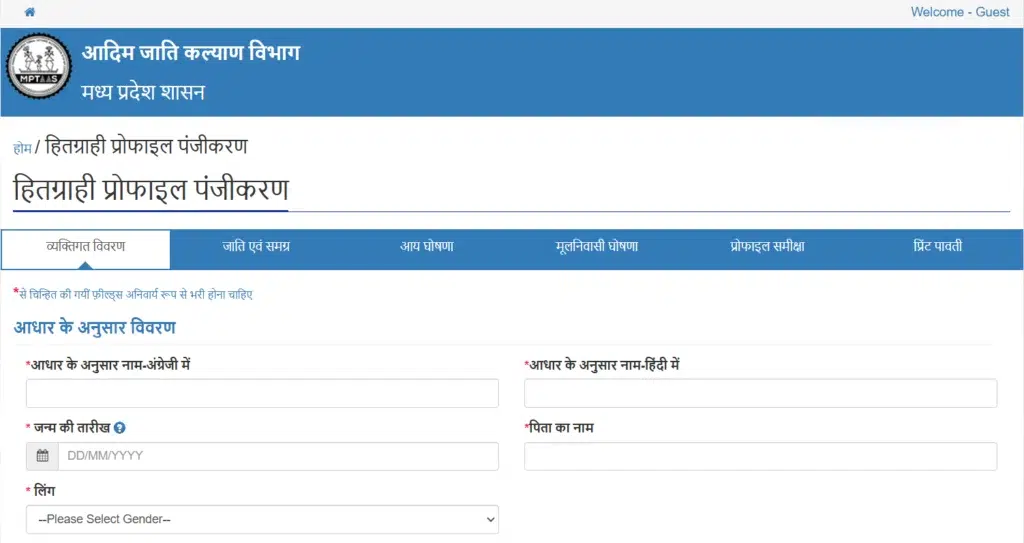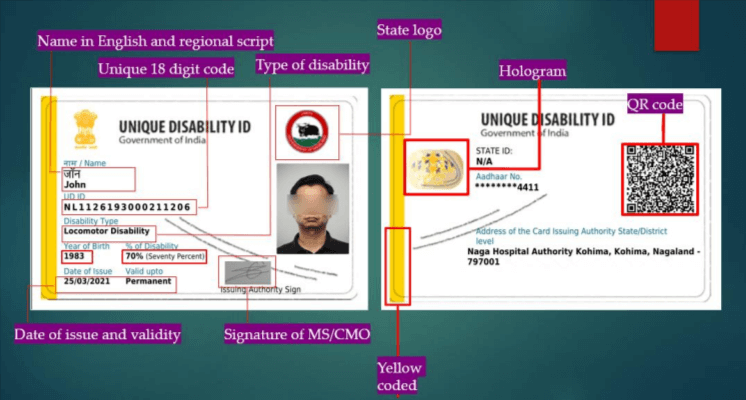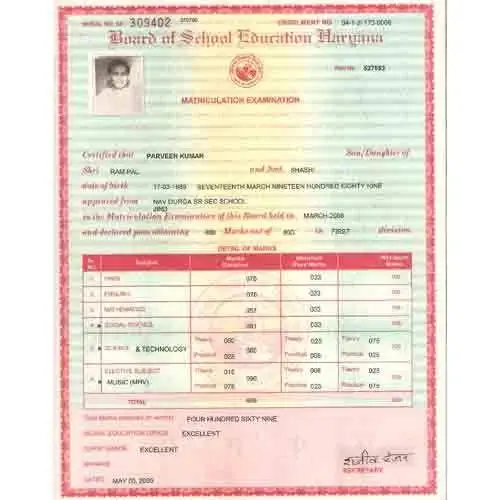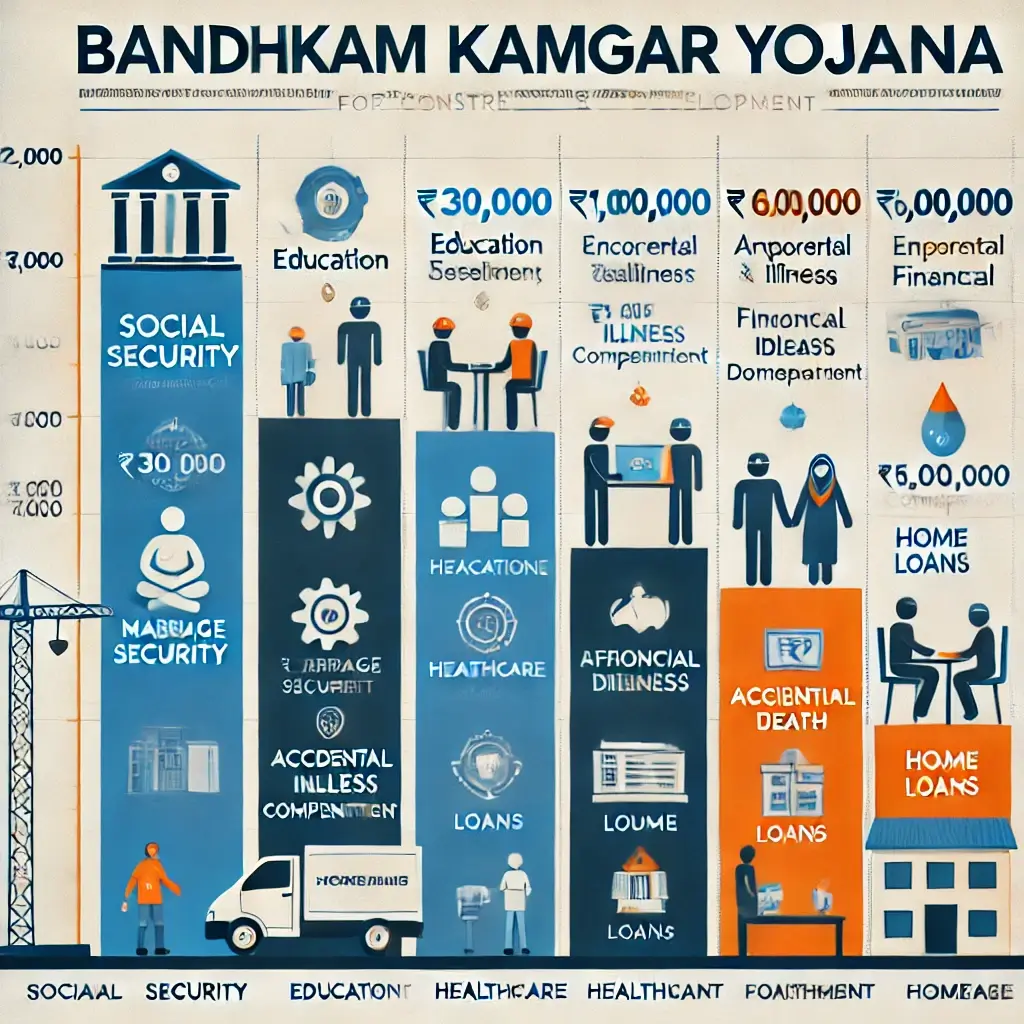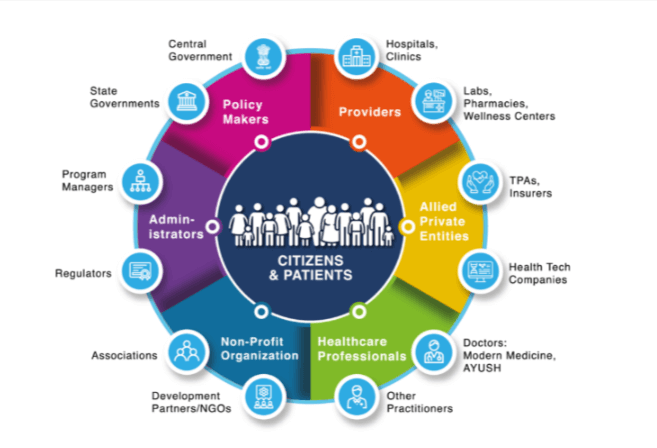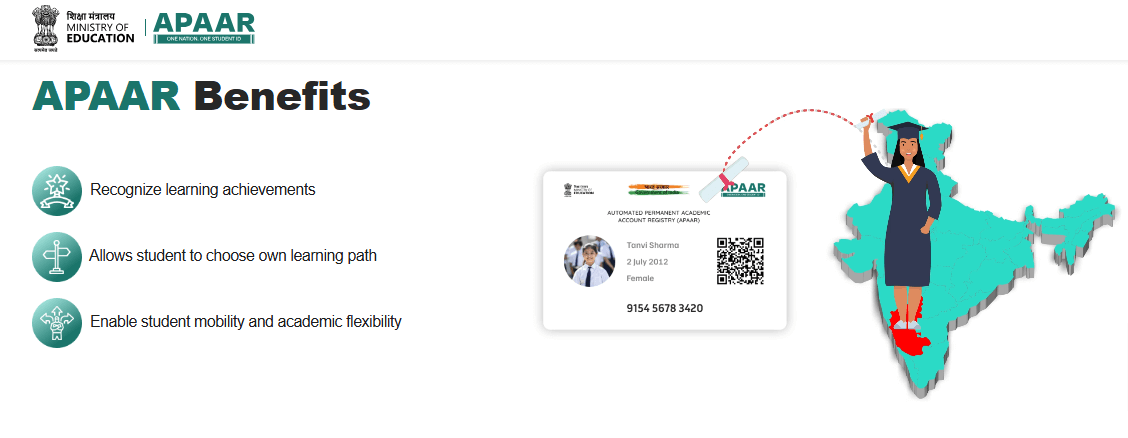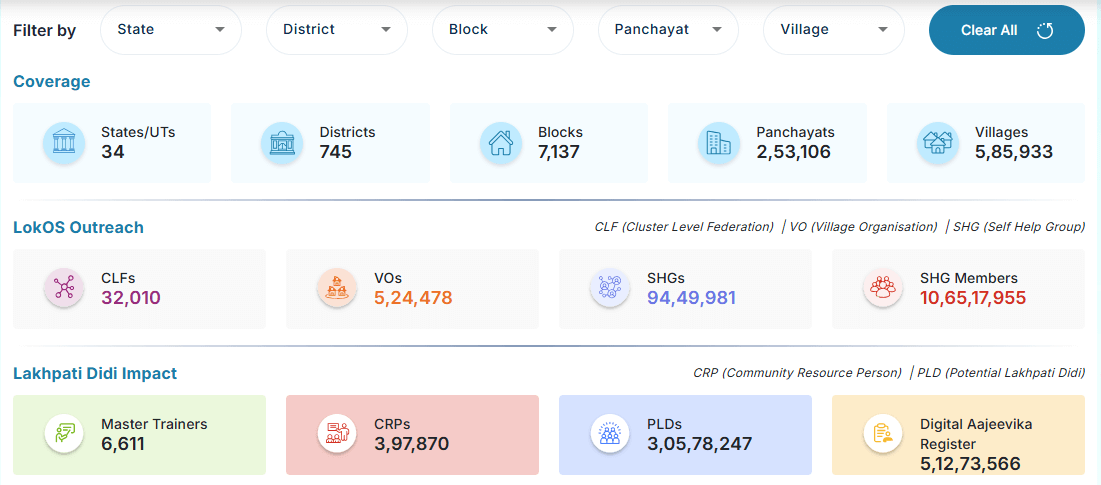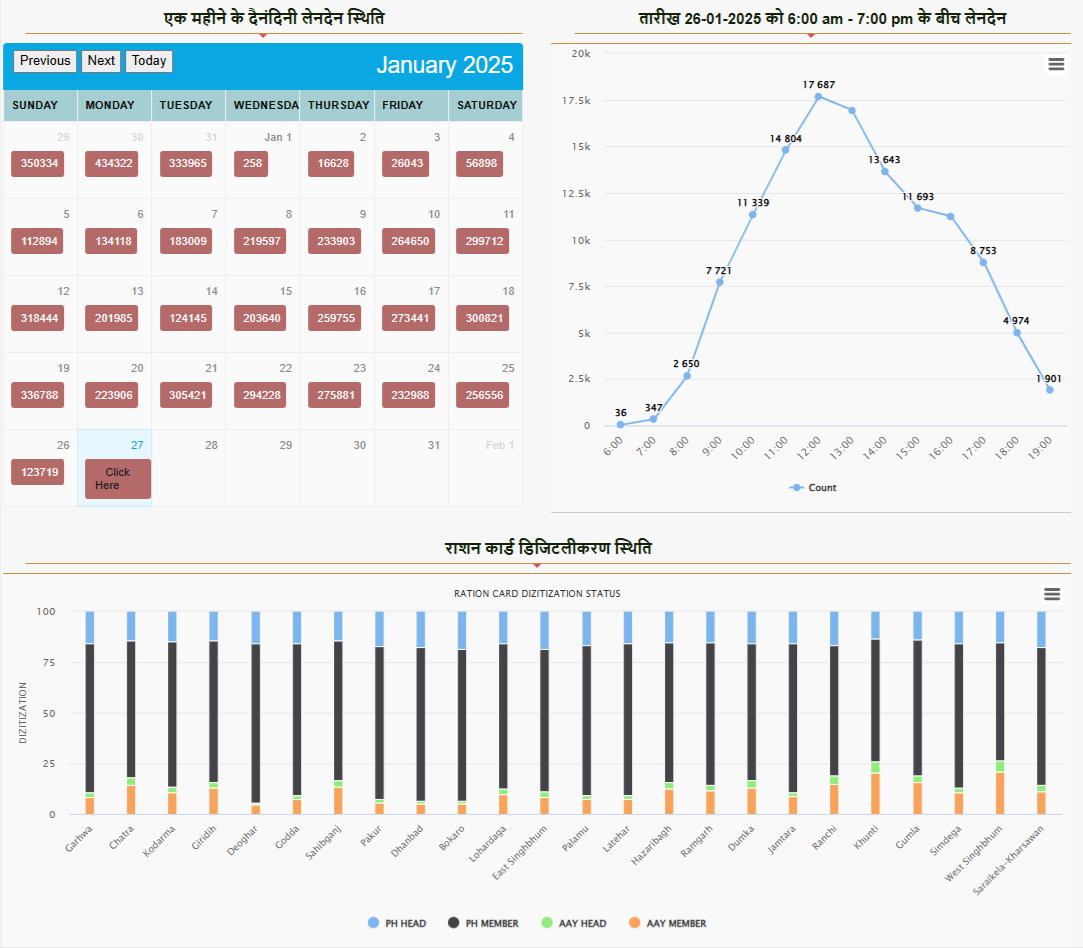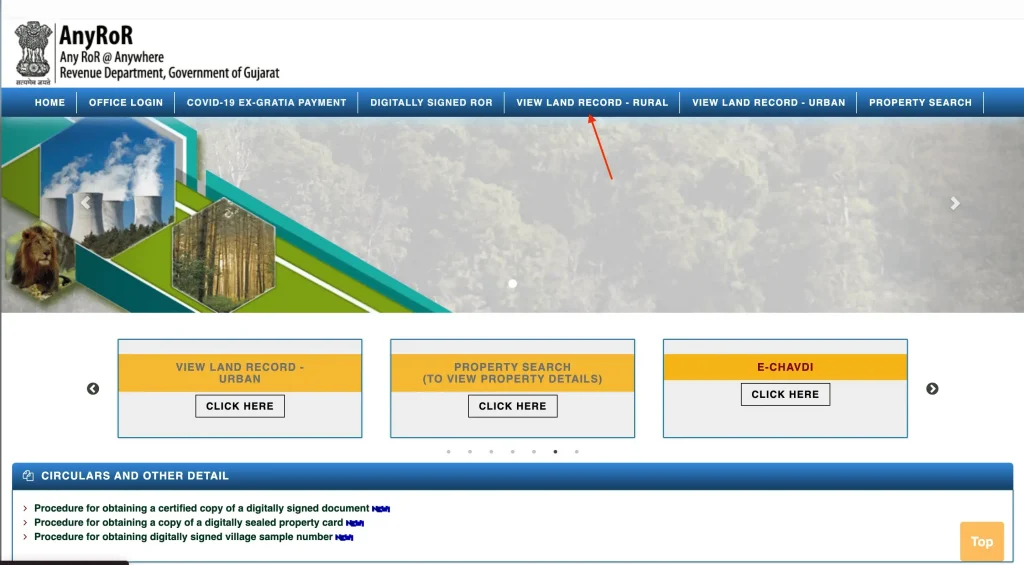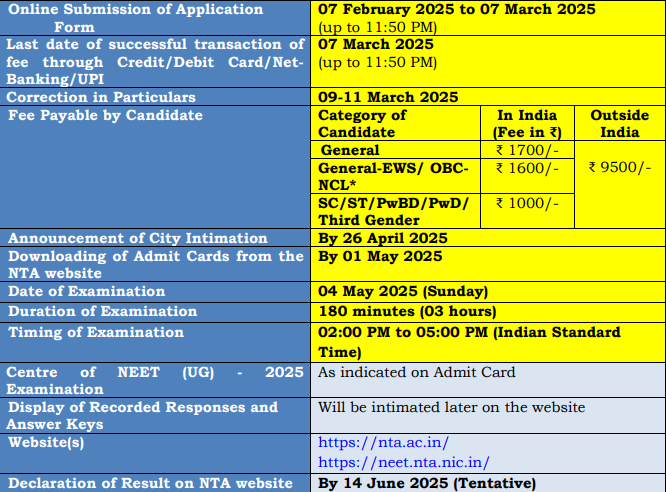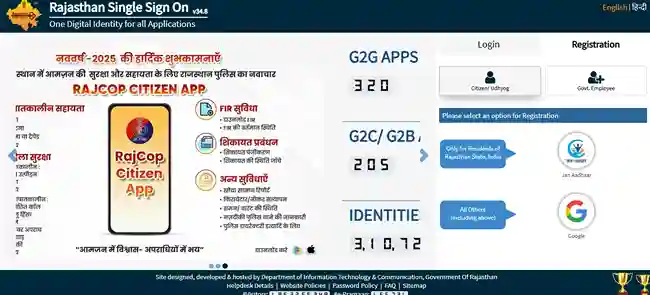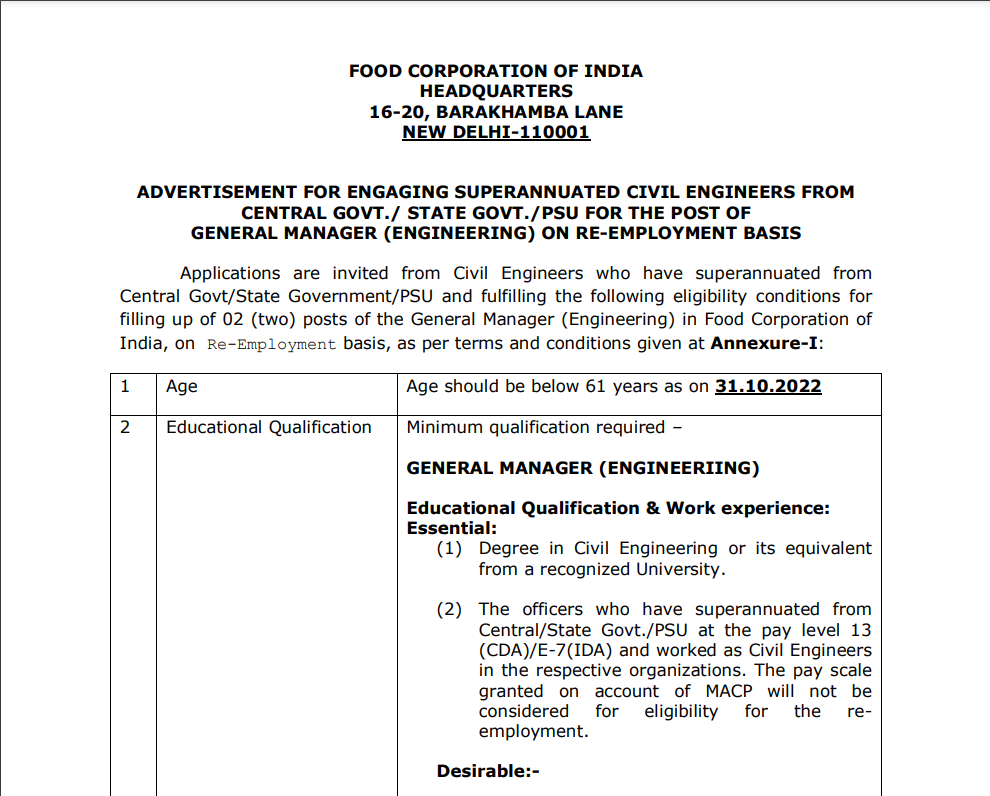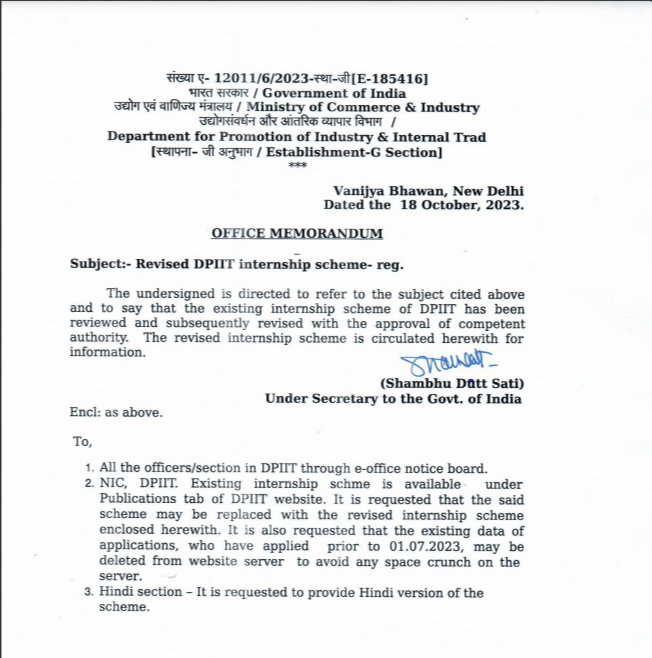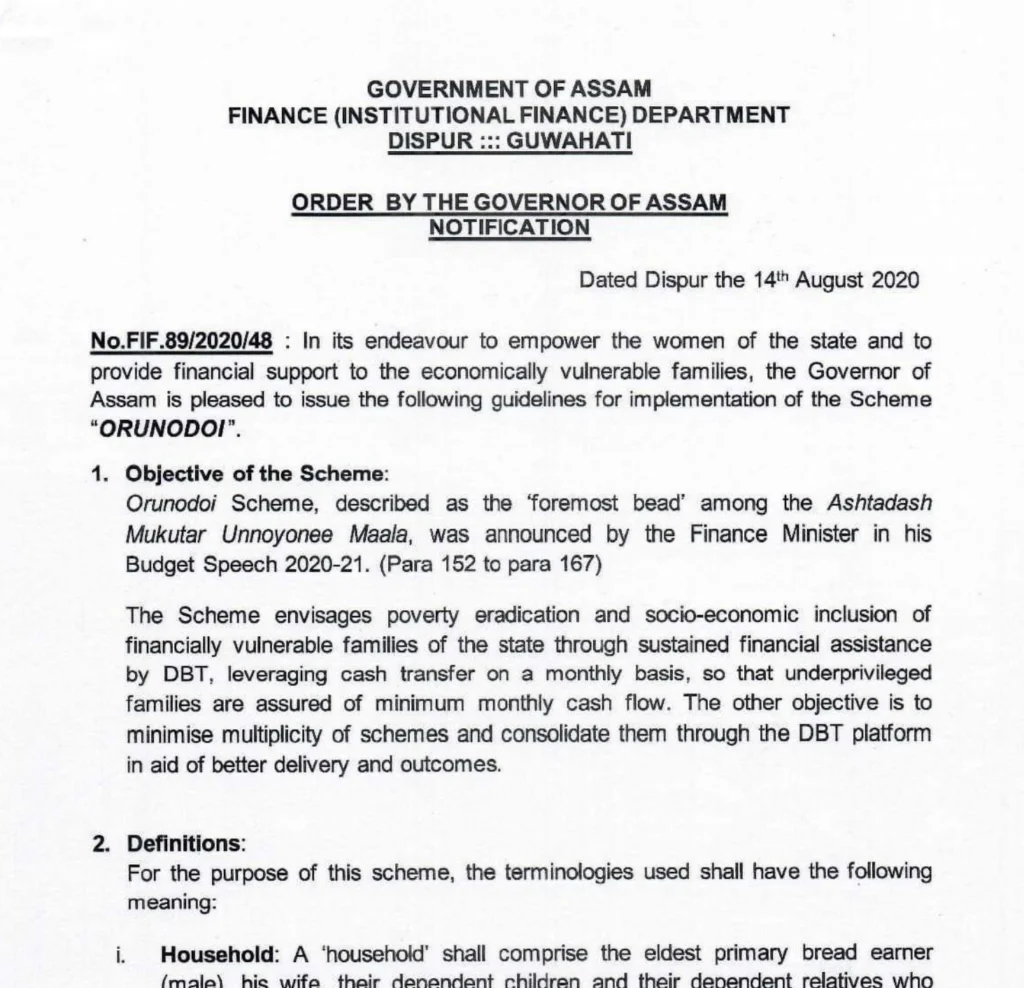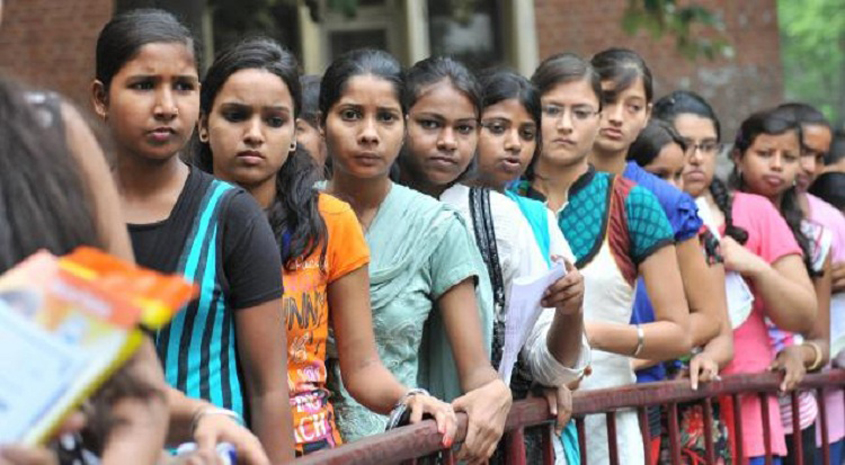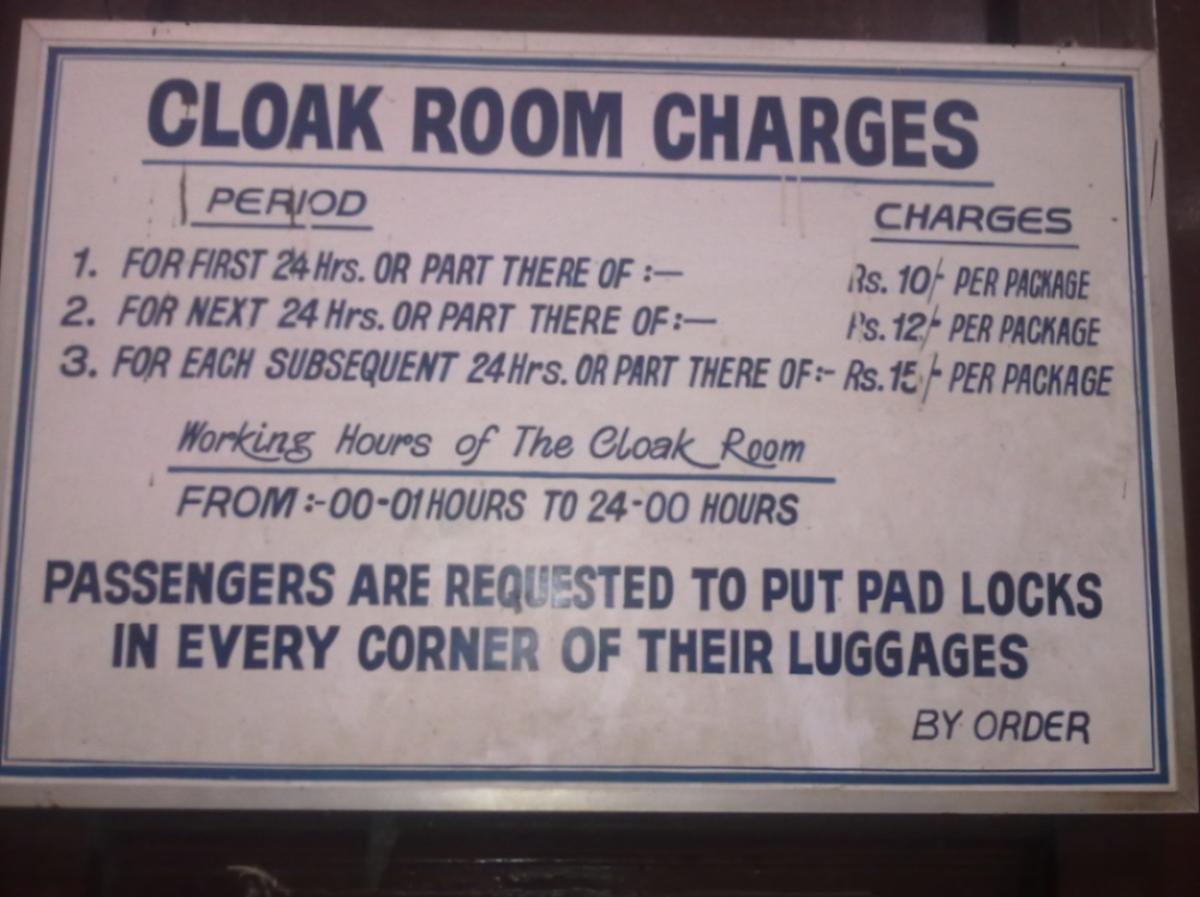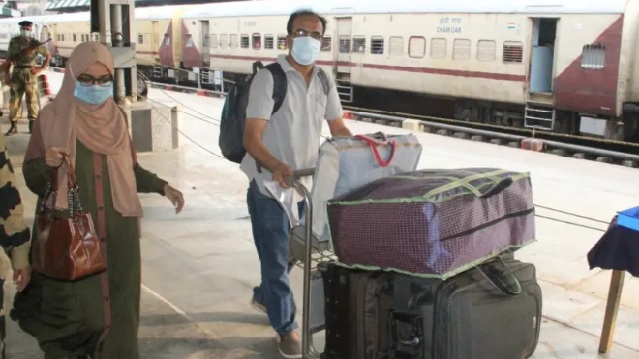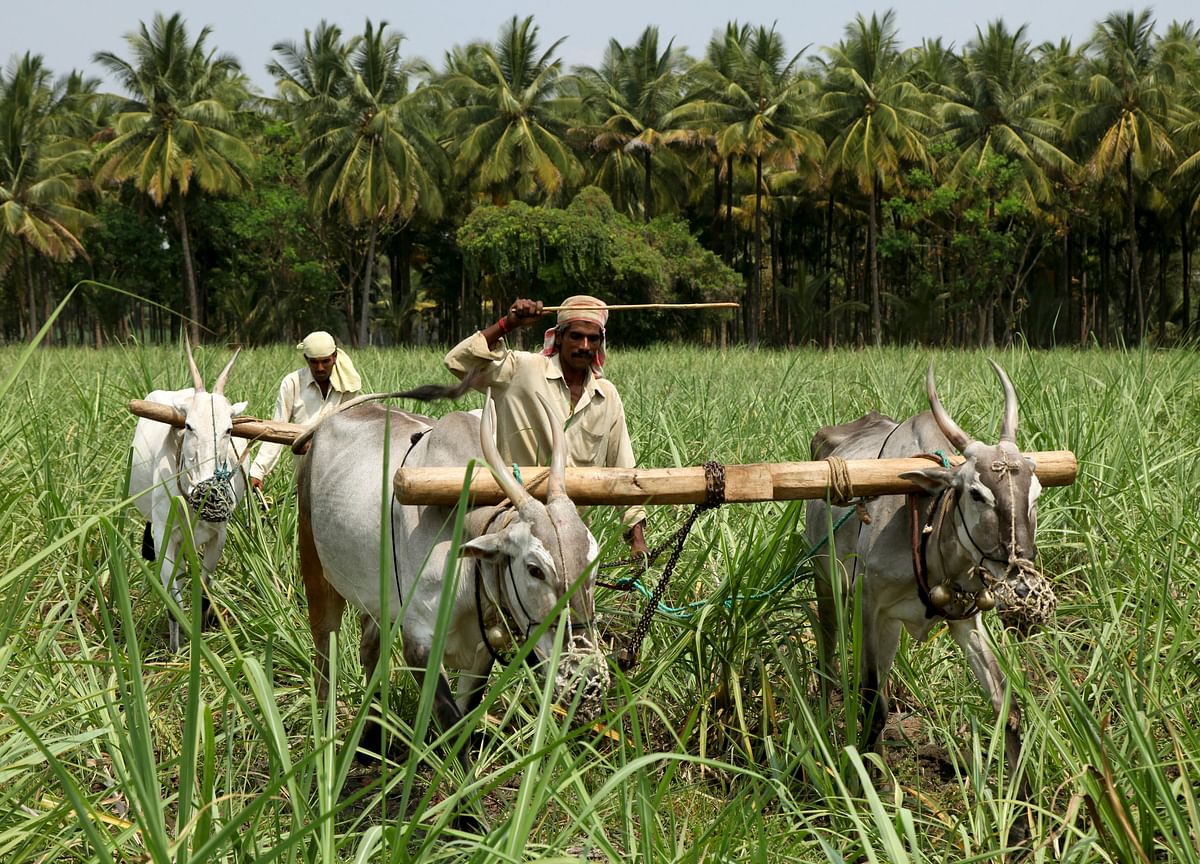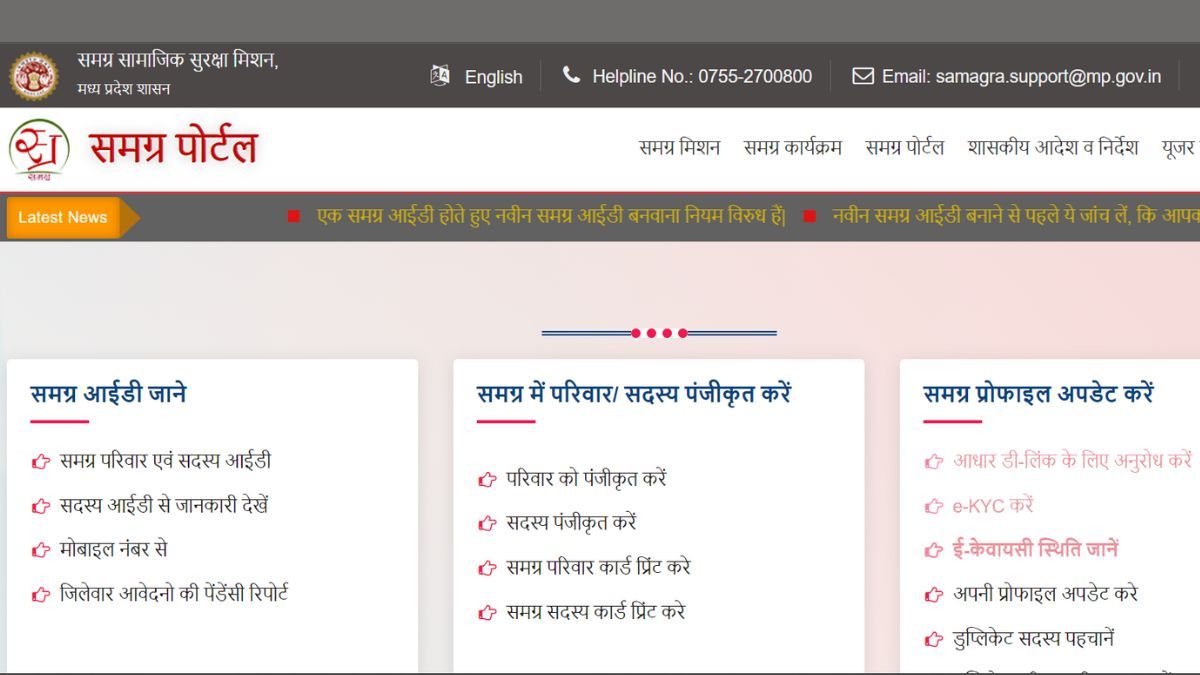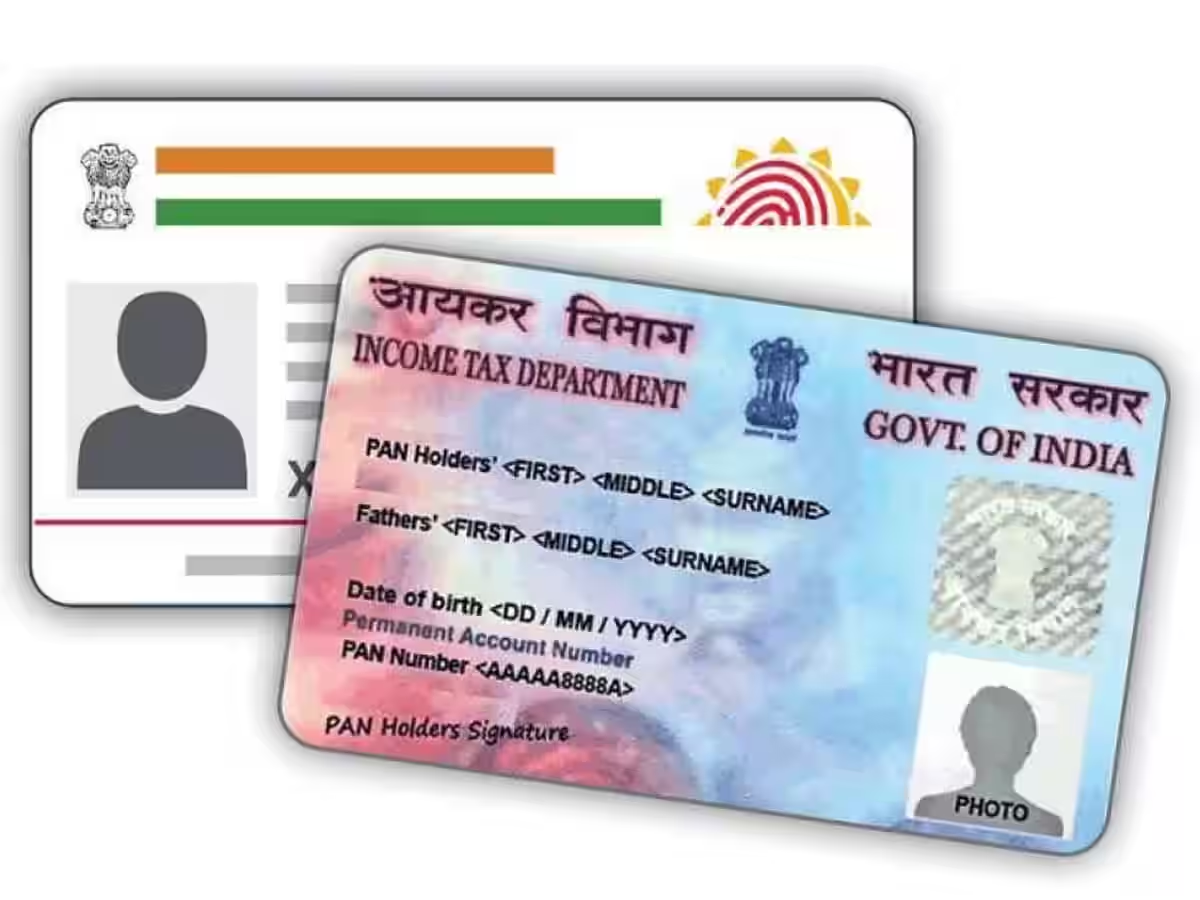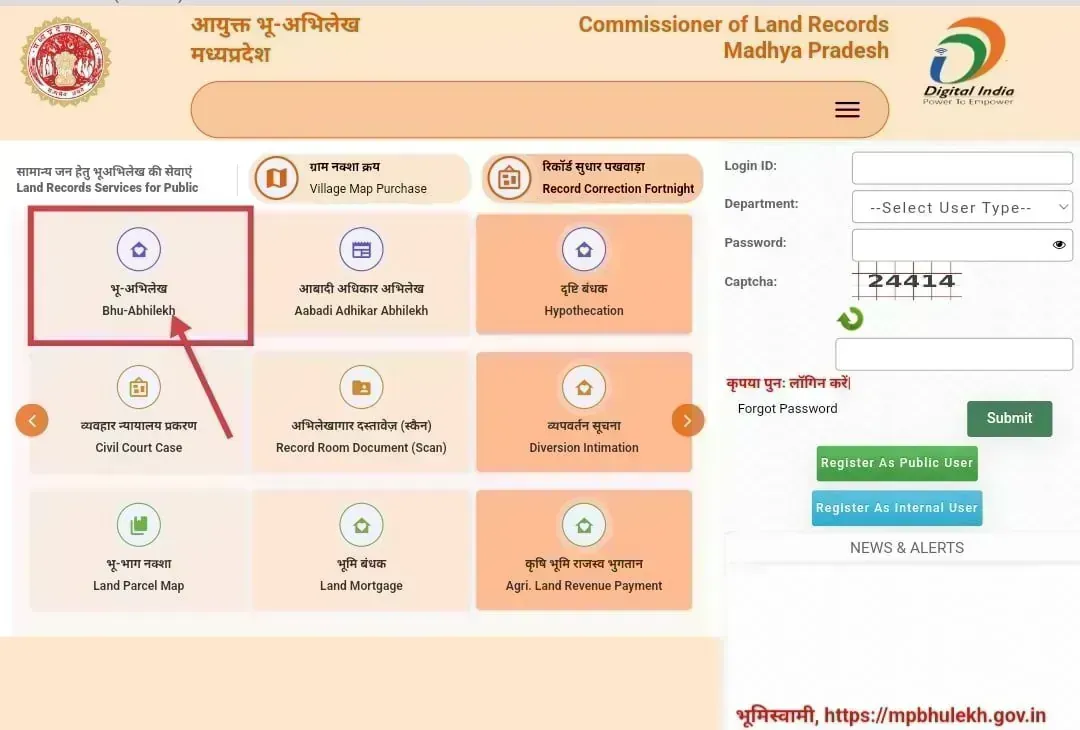
Last Updated on March 27, 2025 by Sudhir Singh
Thayi Bhagya Scheme (TBY) is a maternal health scheme launched by the Karnataka State Government in 2009. It was designed to improve access to institutional deliveries for women from below-poverty-line (BPL) and tribal families by partnering with both public and private hospitals.

Basic information: Thayi Bhagya Yojana
- Geographic focus: Karnataka State (India)
- Timing: launched in 2009
- Primary partners include: the Government of Karnataka State (state and district levels); private obstetricians
The goal was to reduce maternal and infant mortality rates by providing free obstetric care services.
Thayi Bhagya Yojana Key Features
- Target Beneficiaries: Pregnant women aged 19+ from BPL and tribal families, eligible for free delivery services for their first two live births.
- Public-Private Partnership (PPP): Government and private hospitals to provide obstetric care services alongside public hospitals.
- Free Institutional Deliveries: covered normal and Caesarean deliveries, including costs for medicines, anaesthesia, NICU care, and blood transfusions.
- Fixed Reimbursement to Private Hospitals: The government reimbursed ₹3,000 per delivery to private hospitals.
- TBY Plus: A cash incentive program of ₹1,000 for deliveries in private hospitals, introduced in 2010-11 to encourage institutional deliveries.
Thayi Bhagya Yojana Impact & Challenges
- Increase in Institutional Deliveries: A 37% rise in deliveries in the second year of implementation, though growth slowed later.
- Regional Disparities: Most implementation occurred in Bagalkot and Bijapur, while other districts had lower uptake.
- Limited Financial Support: The ₹3,000 reimbursement was considered inadequate, discouraging some private hospitals from participating.
- Low Awareness & Uptake: Many eligible women were unaware of the scheme or faced barriers like transportation costs and documentation requirements (e.g., needing a “Thayi Card” for eligibility).
- Quality of care not assessed: The program focused on increasing institutional deliveries but lacked monitoring mechanisms for service quality in private hospitals.
Thayi Bhagya Scheme: Step-by-Step Application Process
The Thayi Bhagya Scheme, launched by the Government of Karnataka, aims to provide free maternity services to pregnant women. To ensure smooth access to these benefits, eligible women must follow the official application process outlined below.
1. Identify Eligibility
Before applying, ensure that the beneficiary meets the eligibility criteria:
- Must be a pregnant woman residing in Karnataka
- Belongs to the Below Poverty Line (BPL) category or belongs to a Scheduled Caste/Scheduled Tribe community
- Should not be covered under any other maternity health benefit scheme
2. Approach a Local Health Worker
Eligible applicants should contact one of the following government health representatives in their area:
- Accredited Social Health Activist (ASHA)
- Junior Female Health Officer (JFHO)
These frontline workers are trained to assist pregnant women in accessing maternal health services under the scheme.
3. Fill Out the Application Form
- The ASHA worker or JFHO will provide the official application form for the Thayi Bhagya Scheme.
- They will assist the beneficiary in completing the form accurately, ensuring all required personal, medical, and socioeconomic details are entered.
- The form may require the following information:
- Full name and age of the pregnant woman
- Aadhaar number
- Residential address
- Family income or BPL card details
- Expected date of delivery (EDD)
- Medical history (if any)
4. Issuance of the Antenatal Care (ANC) Card
Once the application is submitted:
- The health worker will ensure that the pregnant woman is issued an Antenatal Care (ANC) card.
- This ANC card serves as a unique health identifier, and is:
- Linked with the ANC register maintained at local health centers
- Used for tracking maternal healthcare services provided during pregnancy
- Referenced in labour room records and hospital delivery logs
- The ANC card helps maintain continuity of care, enabling healthcare providers to monitor the mother’s health throughout pregnancy, delivery, and the postnatal period.
5. Integration with Maternal Health Services
With the ANC card in hand, the beneficiary is now officially enrolled in the scheme. She will receive:
- Free check-ups and regular health monitoring
- Access to institutional delivery services at government or empaneled hospitals
- Nutritional guidance and supplements
- Postnatal care and counseling
6. Follow-Up by ASHA Workers
They will also assist in coordinating transportation for delivery if required, and ensure a safe institutional birth.
The ASHA worker will make periodic home visits to ensure the beneficiary attends scheduled antenatal check-ups.
Thayi Bhagya Scheme Required Documents:
- Proof of residence in Karnataka
- Below Poverty Line (BPL) card or Ration Card
- Caste Certificate
- Aadhar Card
- Antenatal Care (ANC) Registration Number
- Mobile Number
Exclusion Criteria Of The Thayi Bhagya Scheme
Women who cannot apply for the government scheme are listed below with descriptions:
- Women who aren’t from Karnataka cannot apply for the scheme.
- Pregnant women under the age of 19 cannot apply for the scheme.
- Women choosing home births cannot apply for the scheme.
- Women from families that have an income of more than Rs. 1 lakh annually cannot apply for the scheme.
Thayi Bhagya Yojana Implementation and Monitoring:
The scheme is managed at both state and district levels. At the state level, the Reproductive and Child Health Unit of the Karnataka State Department of Health and Family Welfare holds overall responsibility. A state-level committee is established for monitoring and evaluation, providing guidance and supervision to the implementing districts. At the district level, the District Health Society is tasked with identifying and registering eligible hospitals and overseeing the day-to-day implementation of the scheme, including data collection and reimbursements for the provision of services.
Conclusion
In conclusion, the Thayi Bhagya Scheme represents a significant effort by the Karnataka government to improve maternal healthcare for BPL families through a public-private partnership model. While it has made strides in providing cashless delivery services, addressing the challenges identified could enhance its effectiveness and ensure that more women benefit from this initiative.


